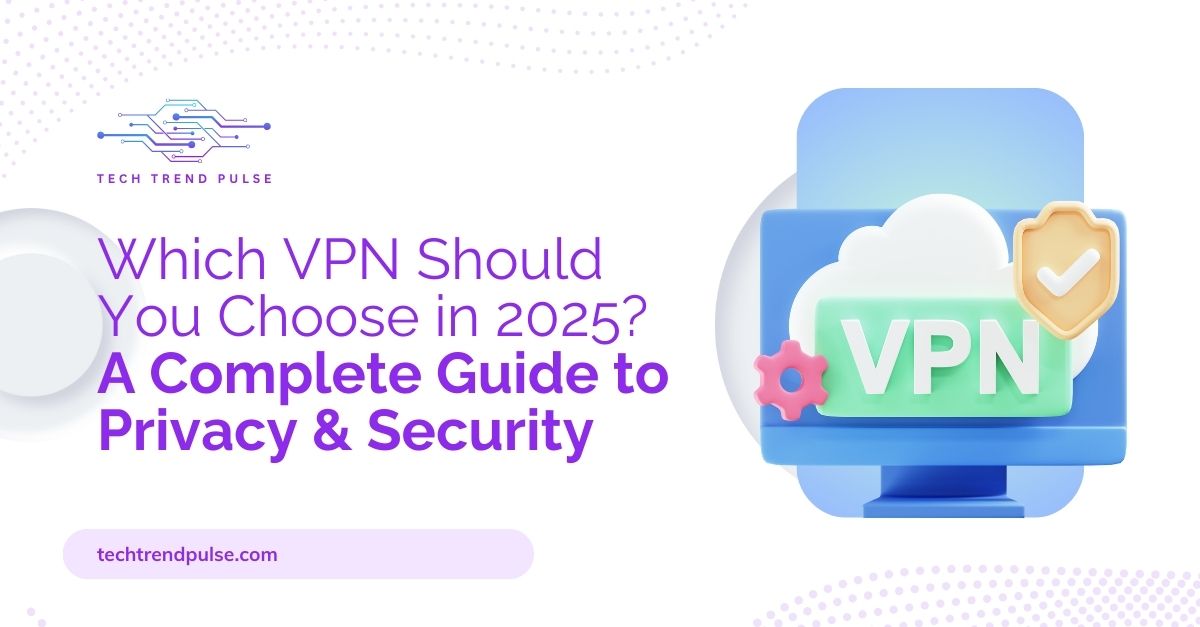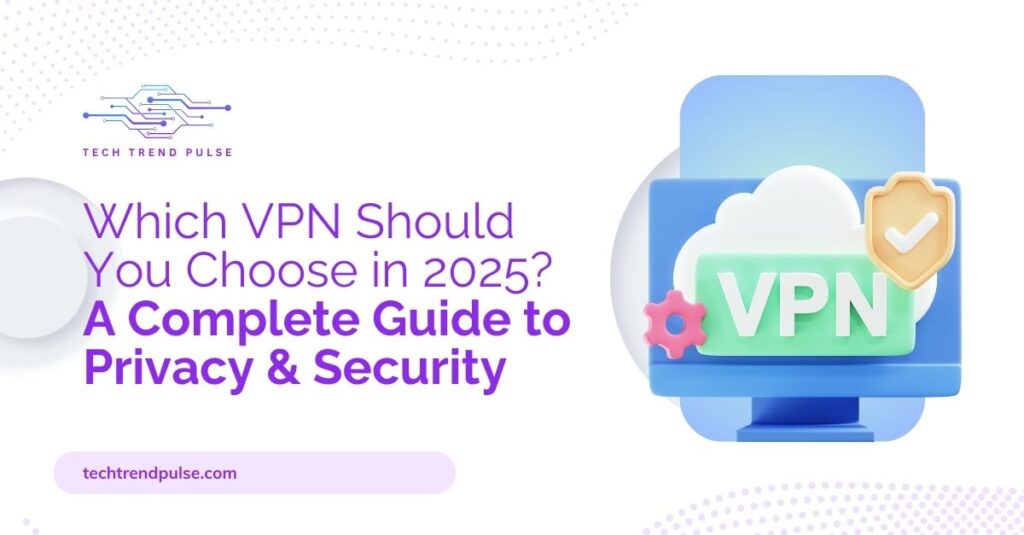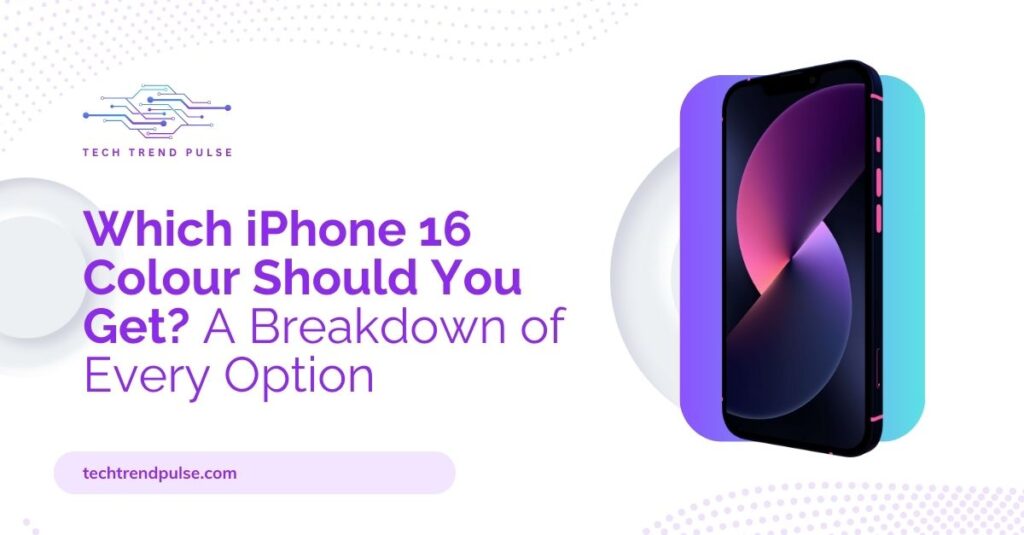Given the rise in cyber risks and governments and corporations wanting to monitor your every step, safeguarding your digital footprint has become critical. Whether you’re a computer enthusiast, remote worker, frequent traveler, or passionate gamer, a VPN protects your personal information, improves public Wi-Fi security, and allows you to avoid geo-restrictions.
Imagine your online activity is like a letter: without a VPN, it’s sent via regular mail—open to prying eyes; with a VPN, it’s sealed in a secure envelope that only the intended recipient can read. In 2025, concerns such as censorship, targeted ads, and ISP throttling underscore the importance of using one of the best VPNs for privacy in 2025.
This guide will help you navigate through complex technical features with simple language, ensuring you choose a VPN that meets your unique needs.
Why Privacy Matters in 2025
In 2025, the internet is more connected than ever, but it’s also more risky. Simple online activities like watching videos, playing games, working from home, or browsing the web can expose you to threats like data breaches, hackers, and unwanted tracking.
Many people feel frustrated by endless ads and the misuse of their personal information. But you’re not alone—millions of users want a simple, effective way to stay safe online.
A Virtual Private Network (VPN) helps protect your privacy by hiding your IP address and encrypting your data. This makes it hard for anyone to track what you do online.
How to Improve Online Security in 2025
Additionally, knowing how to improve online security in 2025 involves using a VPN alongside password managers, multi-factor authentication, and encrypted messaging apps to ensure robust digital protection.
Whether you’re streaming shows from other countries, playing games without delays, or keeping your personal information safe from hackers, a good VPN can help. In this guide, we’ll look at the best VPNs for privacy in 2025, focusing on important features like strong encryption, no-logs policies, and advanced security tools to keep you safe online.
The Future of Streaming: What’s Coming in 2025
Streaming services continue to evolve, offering more content across global platforms. However, geo-restrictions remain a challenge, with certain shows, sports events, and live broadcasts only available in specific regions.
The best VPNs for streaming in 2025 can help bypass these restrictions, ensuring uninterrupted access to your favorite content. With streaming technology advancing, many platforms are implementing stronger VPN detection methods. This makes choosing a high-quality VPN even more essential.
Providers like NordVPN, ExpressVPN, and Surfshark are consistently ahead of these restrictions, allowing users to enjoy the future of streaming: what’s coming in 2025 without interruptions.
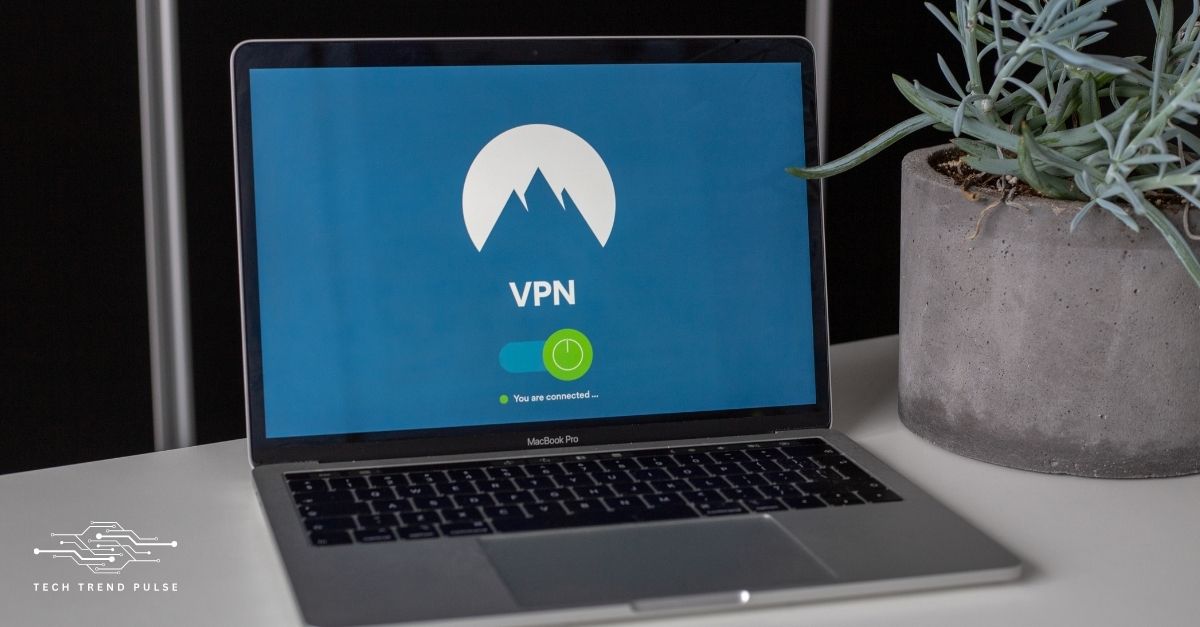
How VPNs Work and What Features to Look For
A VPN, or Virtual Private Network, creates a secure, encrypted tunnel between your device and the internet. This means your data is scrambled and routed through a remote server before reaching its destination. In simpler terms, think of it as a private, armored car carrying your sensitive information instead of your regular, unprotected vehicle.
Key VPN Protocols
The backbone of any VPN is its protocol. Modern protocols such as OpenVPN, WireGuard, and IKEv2 ensure that data remains secure during transmission. WireGuard, for instance, is renowned for its speed and lean code, which translates to faster connections with minimal overhead.
Some VPN providers even offer proprietary protocols like NordVPN’s NordLynx or ExpressVPN’s Lightway that build on these foundations to offer enhanced performance without compromising security.
Essential Features
When choosing a VPN, consider these critical factors:
- Encryption Standards – Look for 256-bit AES encryption, a gold standard that keeps your data safe from hackers.
- No-Logs Policy – A strict no-logs policy means the VPN doesn’t store any data about your online activities. This is essential for privacy.
- Speed and Server Locations – More servers spread across various countries usually result in better speeds and more options for bypassing geo-restrictions.
- Multiple Device Support – VPNs should offer simultaneous connections across devices—which is important for families or users with multiple gadgets.
- Kill Switch & Leak Protection – In the event of a VPN drop, a kill switch cuts off your connection to prevent data leakage, while DNS leak protection ensures your requests aren’t exposed.
- Ease of Use – Simple apps with a quick-connect feature, interactive world maps, and clear settings make VPNs accessible to beginners and tech-savvy users alike.
How VPNs Prevent Tracking
Understanding how VPNs work to prevent tracking is simple. By masking your real IP address and encrypting your data, VPNs block third parties—including ISPs, advertisers, and cybercriminals—from monitoring your online behavior.
In essence, a VPN turns your internet connection into an anonymous pathway, thwarting efforts to build a profile based on your browsing history.
VPN vs. Proxy vs. Tor
It’s also useful to know the difference between a VPN, a proxy, and the Tor network. While a proxy only hides your IP address without encryption, and Tor routes traffic through volunteer nodes (often slowing your connection), a VPN offers both robust encryption and improved speed. For most users aiming for enhanced privacy and speed, a VPN is the ideal solution.
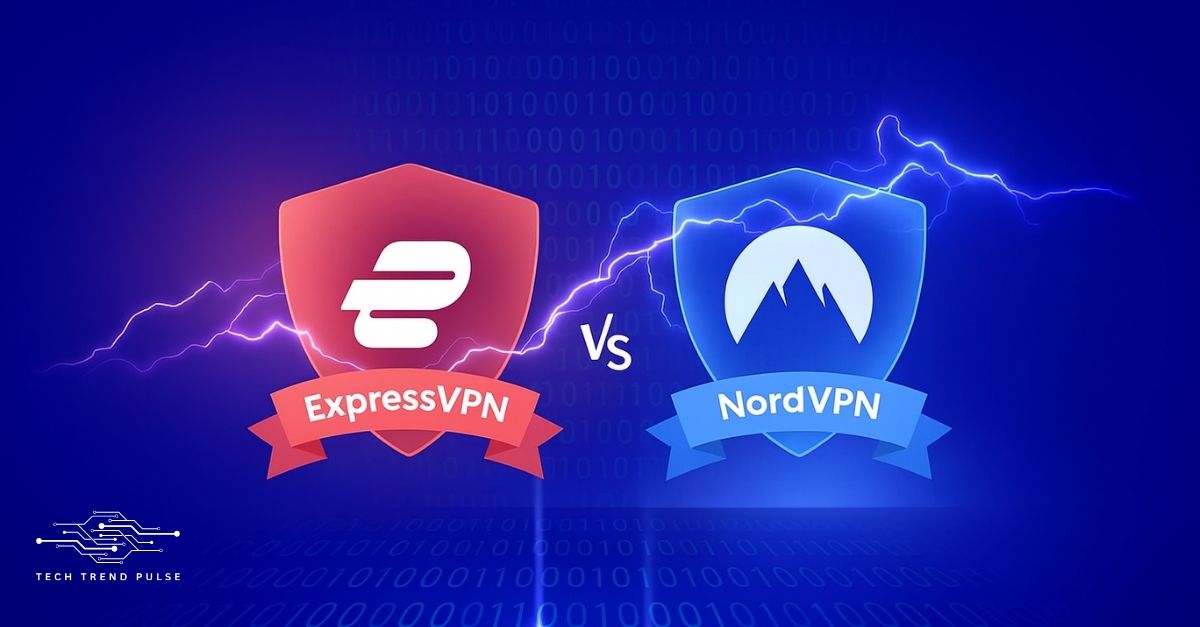
Best Paid VPNs for Privacy in 2025
When it comes to investing in a VPN, paid options usually offer more comprehensive features, faster speeds, and better security than free services. In 2025, four providers stand out for privacy and performance: NordVPN, ExpressVPN, Surfshark, and ProtonVPN. Let’s dive into what makes each one exceptional.
NordVPN
NordVPN is a market leader known for its expansive server network—over 7,000 servers in more than 60 countries—and advanced security features. It employs both the industry-standard AES-256 encryption and its proprietary NordLynx protocol, ensuring high-speed connections and robust privacy.
With specialty servers for double VPN, Onion over VPN, and P2P file sharing, NordVPN caters to diverse user needs. Its strict no-logs policy has been verified through independent audits, making it a trusted choice for those who demand high security.
ExpressVPN
ExpressVPN is celebrated for its user-friendly design and reliable performance. Using its proprietary Lightway protocol, it offers a seamless balance between speed and security.
ExpressVPN has a global network spanning 105 countries, which means it can bypass geo-restrictions with ease—ideal for streaming international content.
Its robust encryption, automatic kill switch, and DNS leak protection make it a strong contender for privacy-conscious users, although it typically comes at a higher price.
Surfshark
Surfshark offers excellent value without compromising on security or speed. It supports unlimited device connections, which is perfect for families or users with multiple gadgets. With over 3,200 servers in 100 countries, Surfshark provides competitive speeds using protocols like WireGuard and IKEv2.
Additional features include CleanWeb (which blocks ads and trackers) and MultiHop (which routes your traffic through multiple servers for extra security). Its affordable pricing and comprehensive features make it one of the top VPNs for gaming and security.
ProtonVPN
ProtonVPN stands out for its emphasis on privacy and transparency. Based in Switzerland—a country with strong privacy laws—it offers a strict no-logs policy, independent audits, and open-source apps.
ProtonVPN provides a free version with unlimited data and premium plans that include specialty servers for streaming and advanced security features like Secure Core. Its focus on bypassing censorship makes it ideal for users in restrictive regions.
Comparison Table: NordVPN vs ExpressVPN vs Surfshark vs ProtonVPN
Below is a quick comparison to help you weigh the pros and cons of each top VPN provider:
| VPN | Pros | Cons |
| NordVPN | Extensive server network, advanced security (Double VPN, Onion over VPN), audited no-logs policy, fast speeds via NordLynx | Slightly higher cost on premium plans; 10-device limit |
| ExpressVPN | User-friendly apps, robust encryption with Lightway protocol, excellent streaming unblocking | Higher price point; limited to 8 simultaneous connections |
| Surfshark | Unlimited device connections, affordable, CleanWeb and MultiHop features, good speed with WireGuard | Fewer server options compared to NordVPN |
| ProtonVPN | Based in privacy-friendly Switzerland, free version available with unlimited data, Secure Core feature | Fewer simultaneous connections (10-device limit), premium cost slightly higher than Surfshark for full features |
Free VPN Options: Pros and Cons
For those who are budget-conscious or simply want to try a VPN before committing to a subscription, free VPNs can be appealing. However, it’s important to weigh their benefits against potential limitations.
Advantages of Free VPNs
- Cost Savings – Free VPNs let you protect your online activity without any financial commitment. This is ideal for occasional users or those new to VPNs.
- Basic Security – Many free VPNs offer essential encryption and IP masking, which helps keep your browsing activity private.
- Trial Opportunity – Some providers offer free tiers (like ProtonVPN’s free version) that let you experience premium features with unlimited data, though access to servers is limited.
Limitations of Free VPNs
- Data Caps – A common drawback is a monthly data limit, which can restrict streaming and large downloads.
- Fewer Servers – Free versions usually offer a limited selection of servers, which might result in slower speeds and fewer options for bypassing geo-restrictions.
- Potential Security Risks – Not all free VPNs are created equal—some might log your data or even inject ads and malware. It’s crucial to choose a reputable free VPN, such as the best free VPN for privacy like ProtonVPN’s free tier.
- Limited Support – Free VPN users might not receive the same level of customer support as premium subscribers.
A free VPN can be a good starting point for users who only need basic protection for casual browsing or want to test out a VPN service. However, a paid VPN is highly recommended for consistent usage—especially for streaming, gaming, or secure work environments.
Choosing the Best VPN for Specific Needs
Different users have different priorities when it comes to VPNs. Here’s how to choose the best VPN based on your primary use cases:
Streaming
If you’re looking for a VPN for streaming in 2025, your top priorities should be speed, server variety, and the ability to bypass geo-restrictions.
Providers like NordVPN and ExpressVPN have built their reputations on unblocking popular streaming platforms such as Netflix, Hulu, BBC iPlayer, and Disney+.
Look for features such as dedicated streaming servers and protocols that ensure minimal speed loss so that 4K streaming remains buffer-free.
Gaming
Gamers need low latency and fast upload speeds. The best VPNs for gaming not only prevent DDoS attacks and reduce ping but also maintain stable, high-speed connections.
Top VPNs for gaming and security like Surfshark excel by offering optimized servers and advanced protocols such as WireGuard, ensuring that lag is minimized even during competitive play. Always test the VPN with your favorite games to see how well it performs under load.
Browsing and General Security
For everyday web browsing and securing sensitive data, look for VPNs with robust encryption (AES-256), a strict no-logs policy, and features like kill switches and DNS leak protection. These features help ensure that your activity remains private and that your data is protected from cyber threats.
Many reputable VPNs, including ProtonVPN and NordVPN, are designed with privacy laws and understanding online censorship and how to bypass It in mind—making them ideal for users in restrictive regions or those looking to secure their daily digital interactions.

VPN Security & Privacy Considerations
Security and privacy are the two pillars of any VPN service. When evaluating a VPN, consider the following aspects to ensure you get the protection you need:
Encryption and Protocols
Modern VPNs use advanced encryption standards like AES-256 combined with protocols such as OpenVPN, WireGuard, or proprietary options (NordLynx, Lightway). These protocols secure your data during transmission and are designed to resist even the most sophisticated hacking attempts.
No-Logs Policies
A stringent no-logs policy is crucial. This means the VPN provider does not store your browsing history, connection timestamps, or any identifying information. Independent audits can help verify these claims, providing you with peace of mind that your data remains private.
Kill Switch and Leak Protection
A kill switch automatically cuts off your internet connection if the VPN drops unexpectedly, ensuring that your real IP is never exposed. DNS leak protection and IPv6 leak protection are also critical—they ensure that all your internet requests go through the secure VPN tunnel.
Understanding Censorship and Bypass Methods
In 2025, online censorship remains a challenge in many regions. VPNs with obfuscation features and specialized protocols can help you bypass government-imposed restrictions.
This is particularly important in countries with strict internet controls, where accessing information freely can be a matter of safety. Knowing online censorship and how to bypass it ensures you can select a VPN that works in your region.
Additional Security Tools
Some VPNs come with extra features such as ad-blockers, malware scanners, dark web monitors, and even bundled antivirus software.
While no VPN can provide complete online immunity, these additional layers help create a more secure browsing environment. They also complement other tools like encrypted messaging apps and secure password managers.
When choosing a VPN, ensure its jurisdiction is in a privacy-friendly country. Avoid providers based in countries with mandatory data retention laws or those part of international surveillance alliances (e.g., Five Eyes).
In Summary: Which VPN Is Right for You in 2025?
Choosing the right VPN in 2025 ultimately depends on your personal needs. If you prioritize speed and a vast network of servers for streaming and gaming, NordVPN and ExpressVPN are excellent choices. For users on a budget who still need robust security and unlimited device connections, Surfshark offers outstanding value.
Meanwhile, if you need a strong privacy focus with an option to try a free version, ProtonVPN stands out. Each provider excels in protecting your data by encrypting your traffic, masking your IP, and preventing tracking. Remember that while a VPN is a powerful tool, it’s not a silver bullet.
Whether you need a VPN for streaming, gaming, or everyday browsing, understanding features like how VPNs work to prevent tracking and VPN vs. proxy vs. Tor will help you make an informed decision. Evaluate your priorities—be it speed, security, streaming, or cost—and choose a VPN that fits your lifestyle and keeps your online life secure.

